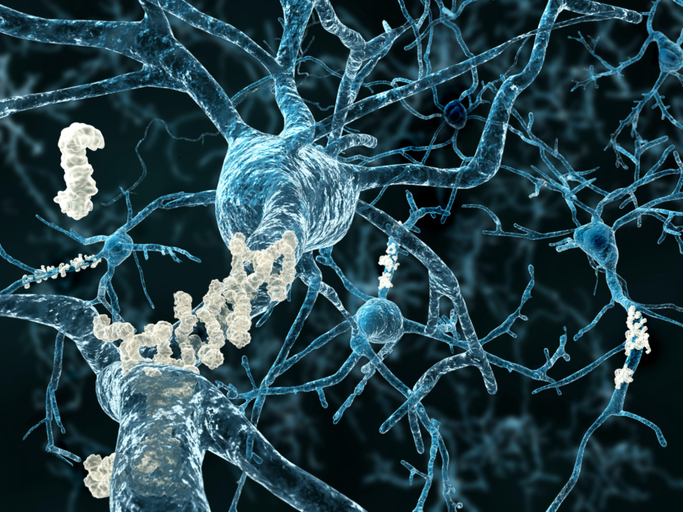University of California San Diego engineers have uncovered significant insights into brain cell aging and its implications for Alzheimer’s disease. Their research, published in Nature, utilised the revolutionary MUSIC (multinucleic acid interaction mapping in single cells) technique. This groundbreaking approach delved into the molecular complexities within individual brain cells, offering unprecedented insights into how these dynamics change as brain cells age.
The study, spearheaded by Professor Sheng Zhong from the UC San Diego Jacobs School of Engineering, highlighted a striking finding: specific brain cells exhibit accelerated ageing processes, particularly in individuals affected by Alzheimer’s disease. Notably, the research unveiled sex-specific disparities in ageing patterns, with the female cortex demonstrating a higher prevalence of “old” oligodendrocytes compared to “old” neurons, contrasting with observations in the male cortex.
MUSIC proved instrumental in these discoveries by enabling researchers to analyse postmortem brain samples, specifically from human frontal cortex tissues. Samples were sourced from 14 donors aged 59 years and older, encompassing Alzheimer’s-afflicted individuals and healthy counterparts. This meticulous analysis revealed distinct patterns of chromatin-RNA interactions across various brain cell types. Remarkably, cells exhibiting fewer short-range chromatin interactions tended to show signs of ageing and Alzheimer’s disease pathology.
“This transformative single-cell technology allowed us to identify discrepancies in cellular ageing,” remarked Professor Zhong, underscoring how Alzheimer’s patients displayed more of these aged brain cells than healthy controls.
The implications of this research are profound, suggesting potential avenues for targeted therapeutic interventions. By identifying dysregulated genes within these aged cells and elucidating their roles in local chromatin structures, researchers hope to pinpoint novel therapeutic targets. Xingzhao Wen, a bioinformatics Ph.D. candidate involved in the study, underscored the potential of these findings: understanding the functions of these dysregulated genes could pave the way for innovative treatments aimed at mitigating brain aging and combating neurodegenerative diseases.
Moreover, the study illuminated gender-specific nuances in brain cell ageing dynamics. In female mice, the cortex exhibited a disproportionately higher ratio of aged oligodendrocytes relative to aged neurons. Oligodendrocytes play a crucial role in neuronal insulation and function maintenance; thus, their increased prevalence in an aged state could potentially exacerbate cognitive decline and contribute to heightened susceptibility to neurodegenerative disorders among women. This finding underscores the urgency of addressing gender disparities in neurodegenerative diseases.
“This finding sheds new light on the elevated risks of neurodegenerative conditions observed in women,” noted Wen, highlighting the need for further research to elucidate the underlying mechanisms driving these sex-specific disparities.
Looking ahead, the team aims to refine the MUSIC technique further to identify specific regulatory genes and gene circuits responsible for accelerated ageing in distinct brain cell populations. By understanding these mechanisms in greater detail, they hope to devise strategies to mitigate brain ageing and develop targeted therapies for Alzheimer’s disease and related conditions.
The implications of this research are profound, offering a new paradigm for understanding brain ageing and neurodegenerative diseases. By harnessing the power of MUSIC and similar cutting-edge technologies, scientists are poised to unlock unprecedented insights into the molecular underpinnings of Alzheimer’s disease, potentially transforming how we diagnose, treat, and ultimately prevent cognitive decline associated with ageing. Professor Zhong aptly summarised, “This technology has the potential to revolutionise our understanding of Alzheimer’s pathology and pave the way for personalised therapeutic strategies aimed at improving patient outcomes.”
More information: Xingzhao Wen et al, Single-cell multiplex chromatin and RNA interactions in ageing human brain, Nature. DOI: 10.1038/s41586-024-07239-w
Journal information: Nature Provided by University of California San Diego








